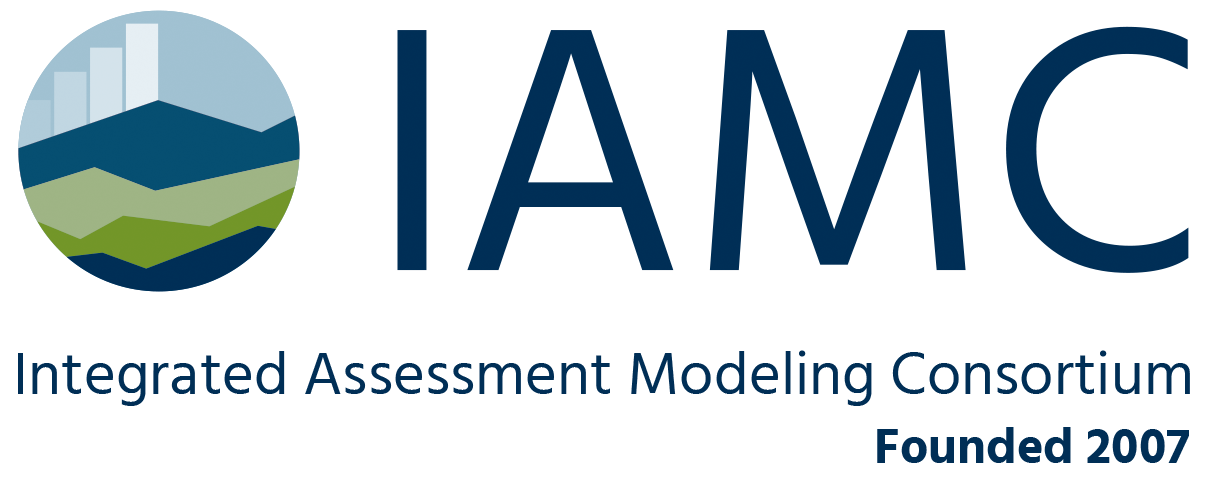PROJECT
UPTAKE – Bridging current knowledge gaps to enable the UPTAKE of carbon dioxide removal methods
- Geographical scope:Global
- Time horizon:2023-2027
- Initial Release:September 2023
- Institution(s):Centro Euro-Mediterraneo sui Cambiamenti Climatici (CMCC); Potsdam-Institut Fur Klimafolgenforschung e.v (PIK) ; Mercator Research Institute on Global Commons and Climate Change (MCC); GGMBH (MCC gGmbH); Internationales Institut Fuer Angewandte Systemanalyse (IIASA); Ministerie van Infrastructuur en Waterstaat (PBL); Universiteit Utrecht (UU); E3-Modelling Ae (E3M); Aarhus Universitet (AU); Chalmers Tekniska Hogskola Ab (CHALMERS); Stiftung Wissenschaft und Politik (SWP); Institut Fuer Weltwirtschaft (IfW Kiel); Universitaet Hamburg (UHAM); Institut Fur Klimaschutz Energie Und Mobilitat-Recht, Okonomie Und Politik ev (IKEM); Fundacja Instytut Reform (Reform); Instytut Ochrony Srodowiska – Panstwowy Instytut Badawczy (IOS-PIB); Università Commerciale Luigi Bocconi (UB); Eidgenoessische Technische Hochschule Zuerich (ETH); Paul Scherrer Institut (PSI); University of Strathclyde (USTRATH); Universty Court of the University of Aberdeen (UNIABDN)
- Link:https://www.cdr-uptake.eu/
- Contact:UPTAKE Secretariat
- Contact e-mail:info-uptake@cmcc.it
UPTAKE aims to facilitate the sustainable upscaling of carbon dioxide removal (CDR) methods by developing a set of robust strategies through technical, theoretical, and practical analysis accompanied by interactive dialogue within a CDR stakeholder forum. As a result, UPTAKE will develop a harmonised, comprehensive, inclusive, integrated, and transparent CDR knowledge inventory to evaluate a wide range of CDR technologies and methods, quantifying their national, European, and global costs, effectiveness, and removal potential as well as risks, constraints, and side-effects at different scales, and their prospects of technological progress.
The UPTAKE approach will allow the assessment of geographical, sectoral, socioeconomic, demographic, and temporal trade-offs, co-benefits, and opportunities emerging from portfolios of different CDR methods. The enhanced socio-technical understanding of CDR methods will feed into an ensemble of state-of-the-art integrated assessment models (IAMs), which will help improve the integration of CDR methods given the EU policy objectives set for 2030, 2050, and beyond climate neutrality. UPTAKE will assess CDR governance and policy frameworks considering social acceptance, accountability, monitoring, and regulations for sustainable CDR rollout at scale. As a result, UPTAKE will generate an open and interactive CDR roadmap explorer to investigate strategies that are resilient to risks of failure and disruption, and minimise adverse impacts on society, economy, and the environment, aiming for a just, inclusive, and sustainable transition.


